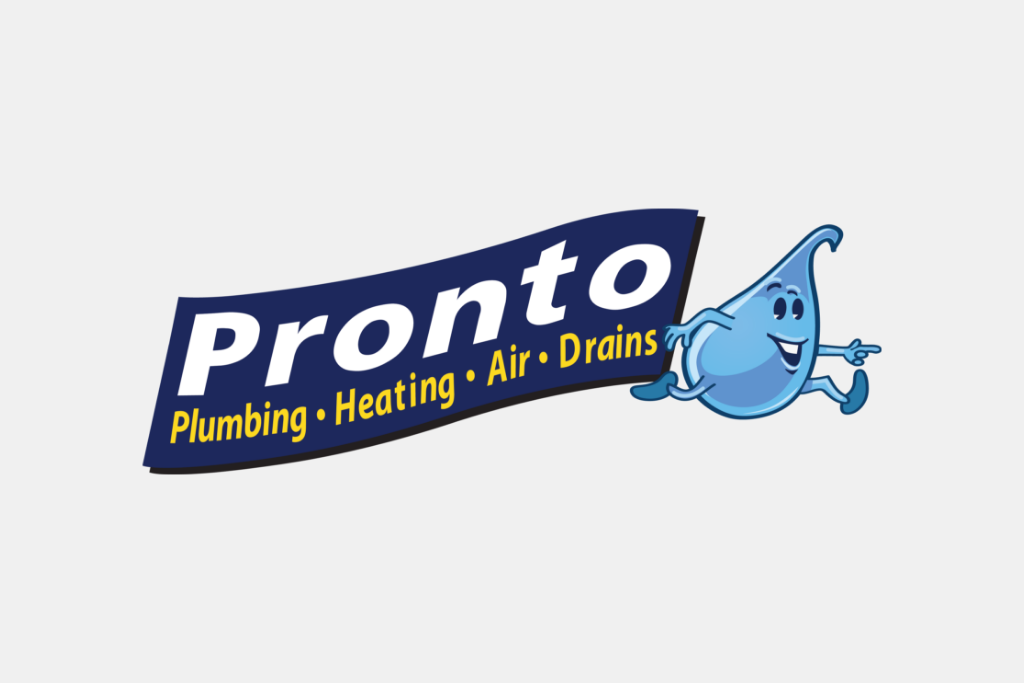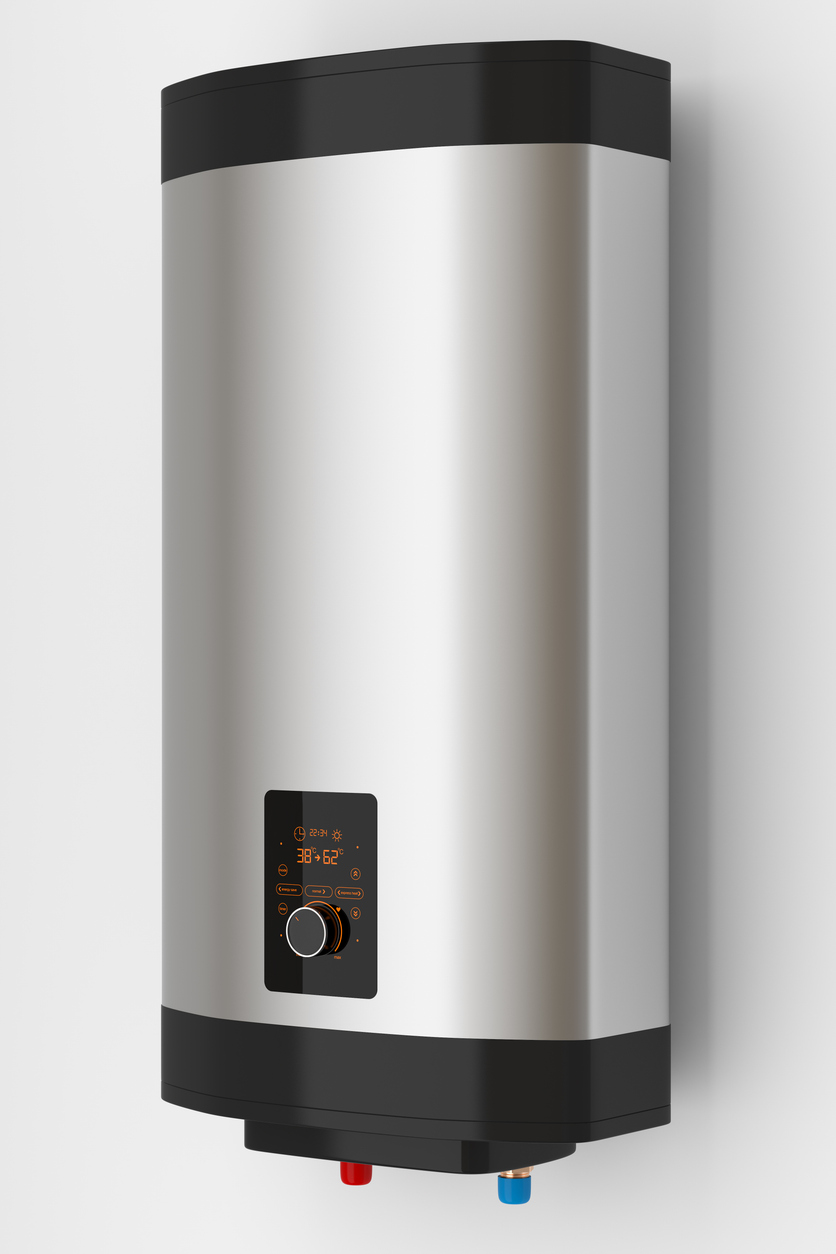You often hear about homes having hard water issues, but what does that actually mean? More importantly how does it affect you?
Hard water features a heavy presence of minerals, mostly magnesium and calcium. These minerals aren’t harmful to your health, but they can be harmful on your home.
How Can You Tell If You Have Hard Water Problems?
- Laundry– Are you noticing your clothes don’t seem to last as long? Or look dingy? Feel harsh or scratchy? Those minerals mix with the soap and have a harsh reaction on your clothes, and also cast a grey tone.
- Dishes– hard water in a dishwasher results in lots of spotting or film residue on dishes. The high heat from the dishwasher mixed with minerals causes the noticeable residue.
- Bathing– have you noticed that you have an odd, sticky film on your skin no matter which body wash you choose? This is called soap curd, and again, it’s those pesky minerals reacting with your soap. That same soap curd affects your hair, so if you notice your hair looks visibly duller or weak, it may be your water.
Frequent Plumbing Problems?
Hard water can also affect your plumbing system. If you notice you have frequently clogged toilets or drains, hard water may be the culprit. On toilets especially, mineral buildup gathers on the portholes around the toilet rim, restricting water flow through the toilet. That same buildup can affect your shower heads and faucets, eventually wearing down pipes and other components.
Installing a water softening system would not only be beneficial to your appliances, but also your bank account. A properly running system without buildup is more cost effective. Not to mention the money you’ll save from constantly trying to rewash things or replace damaged clothing!
If you’re unsure if you have a hard water issue, or about installing a softening system, consult a professional and see what the best option would be for your home.






